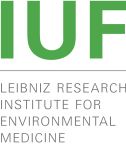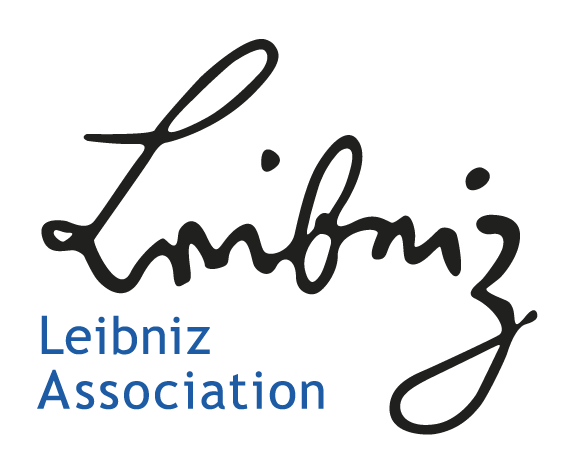Animal research and alternative methods
- Animal experiments are essential for our current and future research.
- The development of drugs and effective measures against environmental pollutants are not possible without animal research.
- The IUF performs selected projects to develop alternative methods to animal experiments.
In order to achieve its research mission – i.e. the molecular prevention of environmentally-induced health problems – the IUF performs many publically funded projects in fundamental and applied research which require the use of animal models. Animal models play a key role in modern research and are particularly necessary for the investigation of complex reactions in an intact organism, like functions of the cardiovascular system or the central nervous system.
To assure animal welfare, which is anchored in the German constitutional law since 2002, all animal experiments have to be authorized. This is governed on the national level in the animal protection law and the respective regulation for research animals (Tierschutzversuchstierverordnung).
The main goal is to reduce animal testing to an essential minimum. An animal experiment can only be performed if it is indispensable, that means that the question cannot be solved by alternative methods and that the experiment is ethically acceptable. Therefore, (i) the gain in knowledge and the expected contribution to human health and (ii) the arising burden for the animal in the test have to be weighed against each other.
It is the liability of our researchers to take into account the 3R principle before applying for a permit. This process is closely accompanied by the animal welfare officer and experts in animal husbandry. The 3R principle, presented by Russell and Burch in 1959, regards the refinement, reduction und replacement of animal testing. Refinement means the methodical optimization of the experiments with the aim to keep the animals’ burden as low as possible and to minimize pain, suffering or physical harm. The exact planning of experiments as well as innovative mathematical methods lead to the reduction of animal numbers. Activities within the IUF aim to develop methods that can replace animal testing in special questions.
Additional information:
Link Understanding Animal Research
Link AnimalResearch.Info
Link Leibniz Alternatives
Link Statement of the Alliance of Science Organisations in Germany



